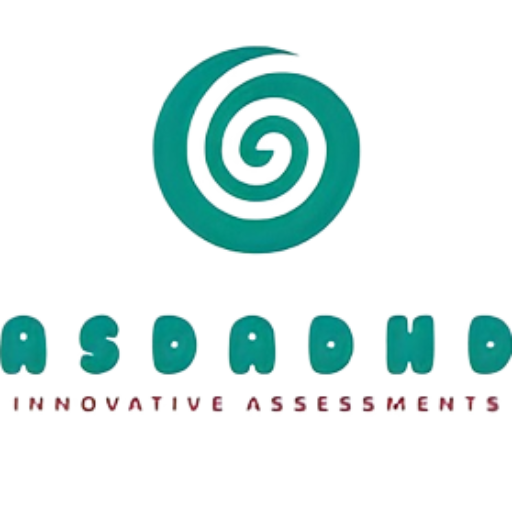10 Oct, 2023 | anishdr | No Comments
Navigating a Private Autism Diagnosis and its Impact on UK EHCPs
Introduction:
For parents considering a private autism diagnostic assessment for their child, a pressing concern is whether such a diagnosis, made outside of the NHS, will be acknowledged by their Local Authority. This recognition is crucial for securing additional support through an Education, Health and Care Plan (EHCP).
The Legal Standpoint:
The SEN and Disability Code of Practice (2015) provides clarity on this matter. Contrary to some misconceptions, there’s no legal ground for a Local Authority to dismiss a professional diagnostic report solely because it was procured privately.
Key Points from the SEN and Disability Code of Practice:
The Code, which is statutory guidance issued by the government, elaborates on the considerations for Local Authorities.
Paragraph 9.14 emphasizes that if a child hasn’t shown expected progress despite relevant interventions, the Local Authority should take note.
The advice within the Code encompasses the child’s educational, health, and care needs, as well as the perspectives of the parents.
Factors the Local Authority Should Consider:
The child’s academic achievements and rate of progress.
Details about the nature and context of the child’s Special Educational Needs (SEN).
Actions previously taken by educational institutions.
Any progress made due to additional interventions beyond standard provisions.
Insights into the child’s physical, emotional, and social development, including input from health professionals.
Acceptance of a Private Diagnosis:
A refusal by a Local Authority to acknowledge a private diagnosis, especially one that adheres to the Gold Standard and follows NICE guidelines, could indicate a lapse in adhering to the SEND requirements. Such a diagnosis should be deemed as credible evidence in a Tribunal. If a Local Authority declines to issue an EHC Plan based on a private diagnosis, parents have the right to appeal. In such cases, a Tribunal is legally bound to review all documents, irrespective of their origin.
NHS Perspective on Private Diagnosis:
When it comes to the NHS, a privately obtained report holds equal weight to an NHS report. Contrary to some advice, NHS England confirms that opting for private care doesn’t negate one’s entitlement to free NHS care.
Conclusion:
In essence, a diagnostic report, when crafted by registered and specialist-trained professionals following a comprehensive Autism Diagnostic Assessment process that aligns with NICE guidelines, is as valid and crucial as an NHS diagnostic report. Parents should be well-informed and confident in their rights and the validity of private diagnoses in the context of EHCPs.
This article provides a comprehensive overview of the recognition of private autism diagnoses in relation to EHCPs, ensuring parents are well-equipped with accurate information.

Write Reviews
Leave a Comment
No Comments & Reviews